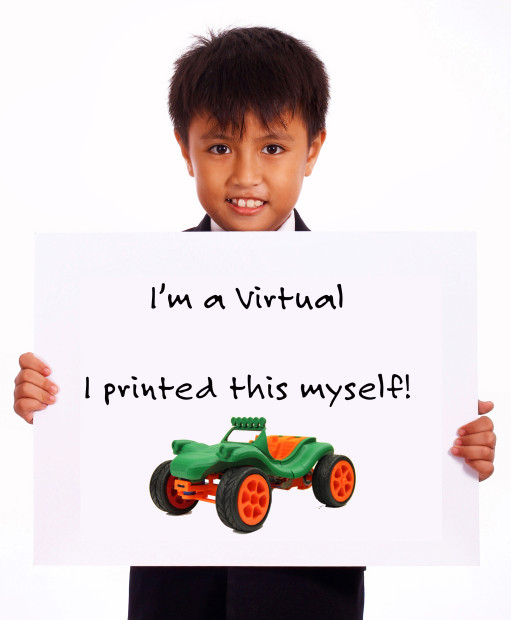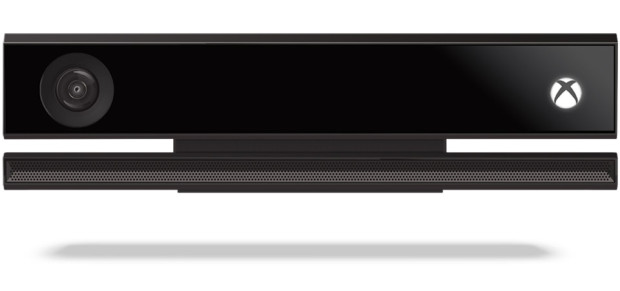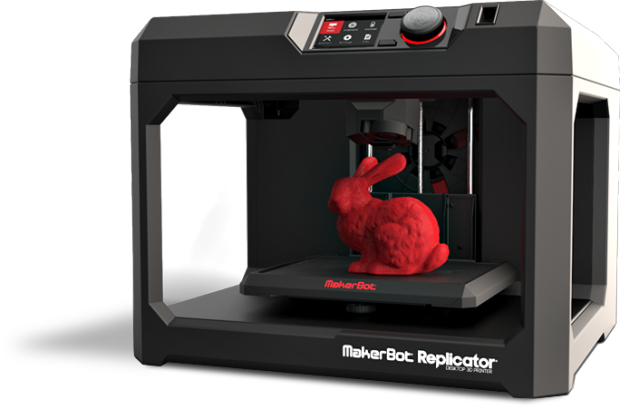Several years ago when I was presenting at a Helix Commerce future of work conference in Canada, I first heard Cindy Gordon use the term “virtuals” to describe the generation following the Millennials. While Generation Z and several other terms are being bandied about, the term “virtuals” hasn’t stuck. I even visited the venerable reference that is Wikipedia and found no reference to the name.

Several names have been argued, like Homeland Generation, iGeneration, Gen Tech, Gen Wii, Net Gen, Digital Natives, Gen Next, Post Gen, and Plurals, I don’t think any is as fitting at “The virtuals.” Here’s why.
First, the Millennials, while the original digital natives, those who grew up at the widespread distribution of computing and mostly went to school surrounded by the ubiquity of the Internet, didn’t end up with anything technology-oriented in their name. Because of the global obsession with the year 2000, this generation whose mid-point cohort spanned that year, ended up becoming known by it. But outside of end-of-days prophecies, Millennials is non-descriptive. Of course, Generation X has it no better, but at least, somewhat characteristic of the generation, they have come to embrace the term Xer and through doing so, give it a meaningful definition.
The virtuals, however, aren’t in a place to fight for their demographic destiny, leaving us Baby Boomers, and others, to give them a name.
Virtuals is appropriate because it described a technological world in which the physical intersects the virtual. Perhaps the most pop culture demonstration of this world is Microsoft’s Xbox Kinect, a device that scans the body of a game player so it can track movement without the use of another device. But this is not the only example of this technology. Augmented reality, first popular on cellular phones with cameras as evolved into things like Google Glass and the wearable technologies that will follow Google experiment. It may be that augmented reality ends up being more for industrial or military use (see Moverio from Epson and Skylight fromAPX Labs), but regardless, augmented reality will be something familiar to The Virutals, and will likely be involved in many a career path.

And speaking of military applications, drones, while very physical, are commonly controlled by cellular phones and tablets, with cameras on the devices providing feedback to operators—as with drones operated in covert and military operations, the relationship between operator and physical device, while existent, is virtual.
Multiplayer online gaming is also becoming more virtualized with interactive hardware and games that create virtual wealth. Virtual currencies, like Bitcoin, while they may not be the ultimately represent the future of money, it does point to a very near future where virtual currency can be translated into physical goods and services.
Some virtual technology, like flight training, has existed for years, but the reduction in cost of technologies that once costs millions of dollars argues that the near commoditization of this technology will make it a major influence on The Virtual’s perceptions of reality. The same can be said for virtual medical procedures, and analogs in other sciences like the virtual piloting of rovers on mars, or robots used to explore archeological sites. It will also likely have an impact on what companies they value, much as Apple has become an economic symbol of the Millennials. And of course, there are products like the OhmiBod’s blueMotion personal device that takes the intersection of virtual and physical to an entirely new level.
3-D printing offers the inverse of virtualization, as things conceived in virtual spaces can be made into real objects.
And then there is the Internet of Things which promises sensors, control and automation all managed virtually.
All of these experiences will end up having a profound impact on how The Virtuals thinks, the jobs they will hold, the skills they will need, the way they learn and the way the interact with others. Giving them some nondescript, sanitary, scientific name would be a disservice to the world we are creating, and the people we are raising to live in it.

